BACK TO RESEARCH WITH IMPACT: FNR HIGHLIGHTS
Non-biodegradable plastics wreak havoc on nature, especially the oceans where they accumulate and pose grave threats to marine life through ingestion, entanglement, and habitat destruction. Microplastics are also increasingly found in water bodies, infiltrating food chains and possibly harming human health. It turns out hundreds of microorganisms are capable of breaking plastic down into harmless byproducts – a research area not without challenges for researchers.
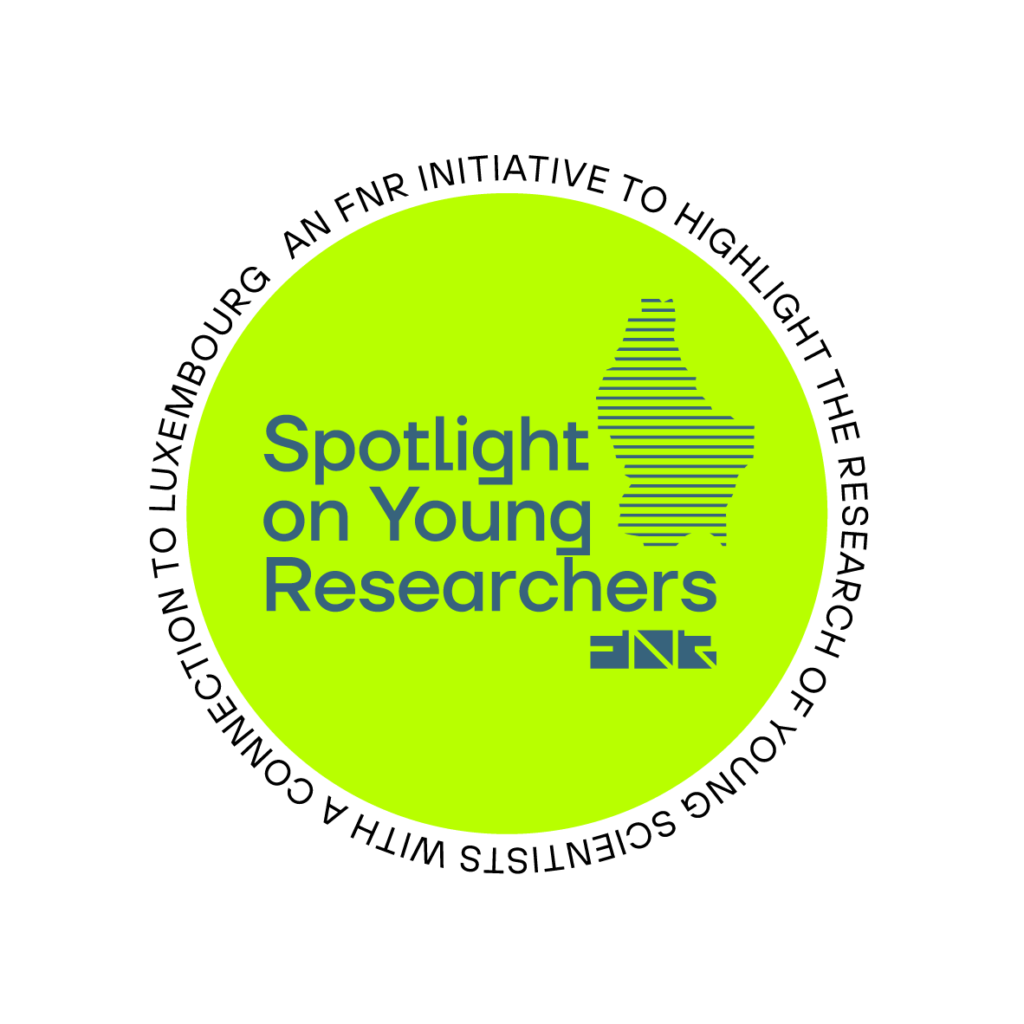
Thanks to their enzymatic mechanisms and biosynthetic pathways, microorganisms offer promising solutions to tackle plastic pollution: To date, scientists have identified over 660 microorganisms capable of degrading plastic waste.
“Through biodegradation, certain microbes can break down plastics into harmless byproducts. Harnessing their enzymatic capabilities presents a sustainable approach to mitigate plastic waste accumulation,” explains biotechnologist Bastien Cochereau, who works as a Junior Research & Technology Associate at the Luxembourg Institute of Science & Technology (LIST).
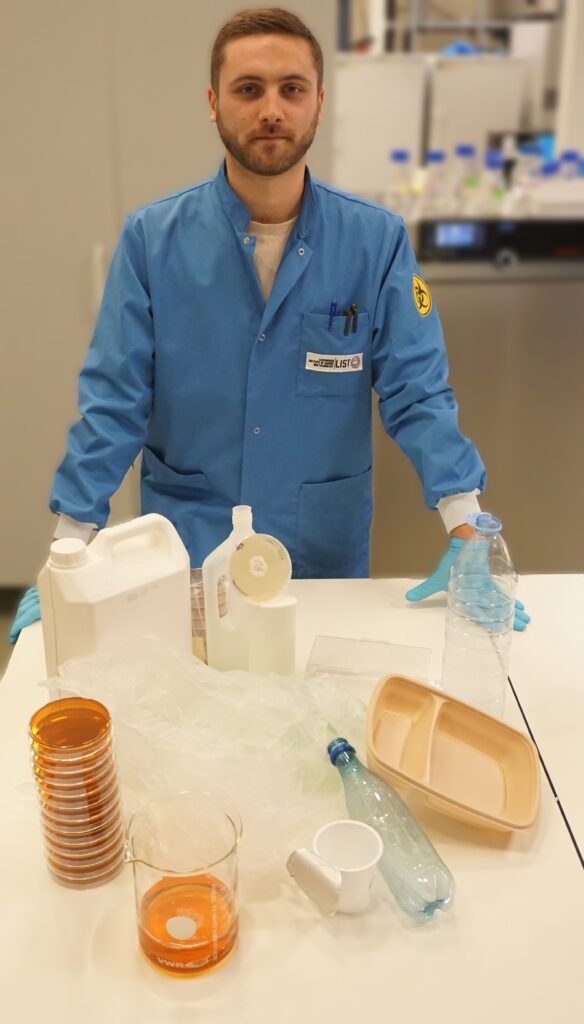
No single super-microorganism to degrade all plastic
The sheer amount of different plastic polymers created and used by humans pose a challenge, due to their distinct chemical structures: While a plastic-degrading microorganism may effectively degrade one type of plastic, it may prove inefficient for another.
“There is no single ‘super-microorganism’ capable of completely degrading all plastic polymers. The need to use consortium to mime nature may solve this challenge.”
80+ techniques currently documented
As of yet, there is a lack of consensus on scientific standards for characterising plastic biodegradation – over 80 techniques are currently documented in databases.
The same lack of consensus is present when it comes to describing catabolic pathways – the degradation of complex molecules into simpler ones – of the molecules used to make plastic.
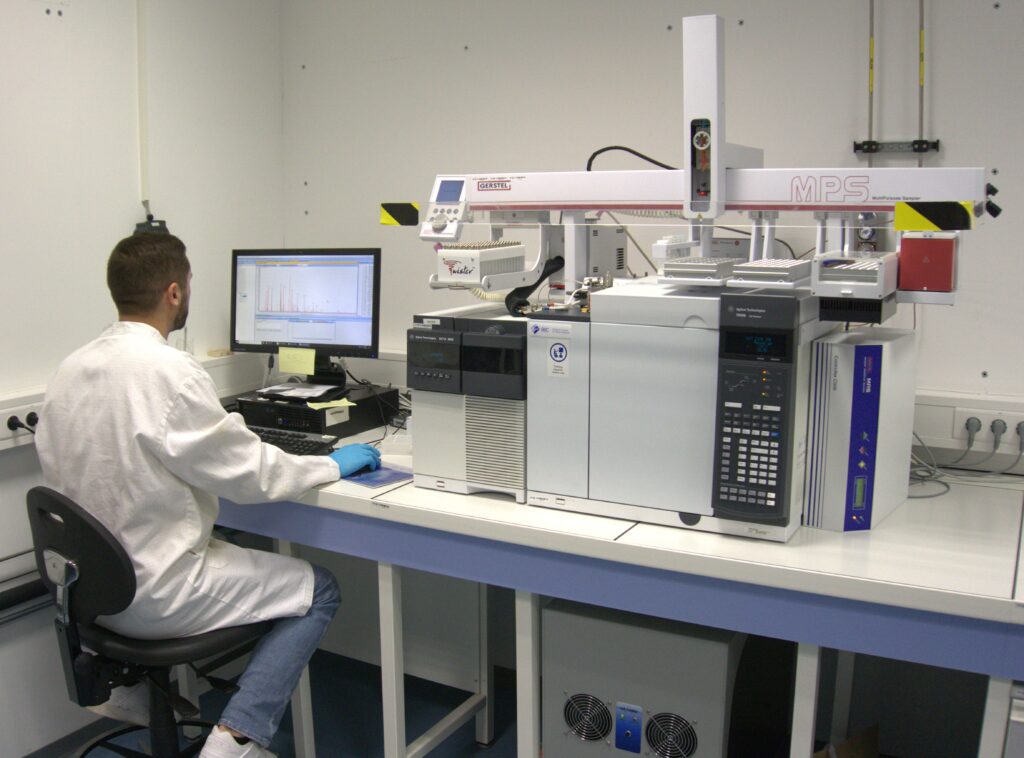
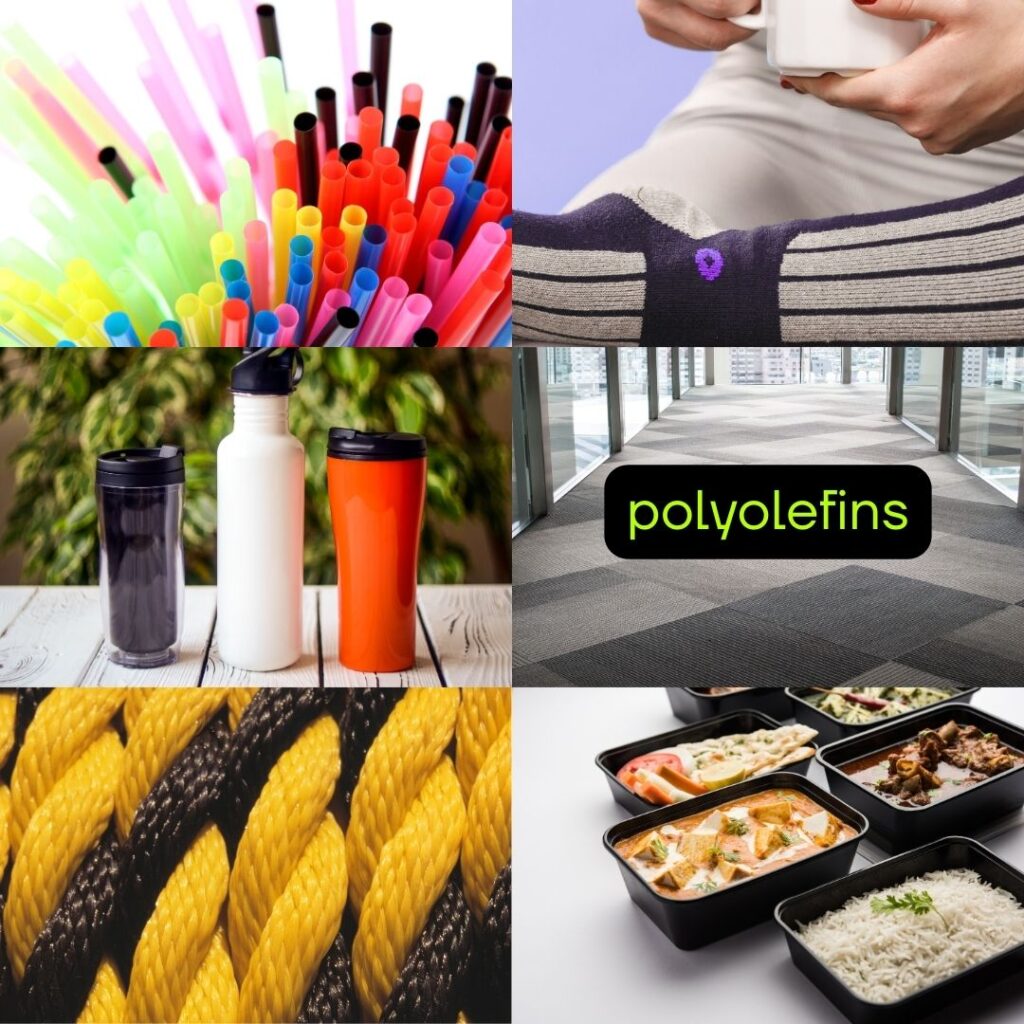
Some plastic types more challenging than others
A particular challenge is also posed by the fact that some plastic polymers are petroleum based. For example, polyolefins, which are used in drinking straws, food containers, reusable water bottles, thermal underwear, roofing materials, marine ropes and carpet, to name only some examples.
These plastic polymers exhibit limited chemical reactivity, making them difficult candidates for microbial biodegradation.
Bastien is working on an international research project – BIOHOLISTIC – which aims to establish an integrated and sustainable process for valorising plastic waste.
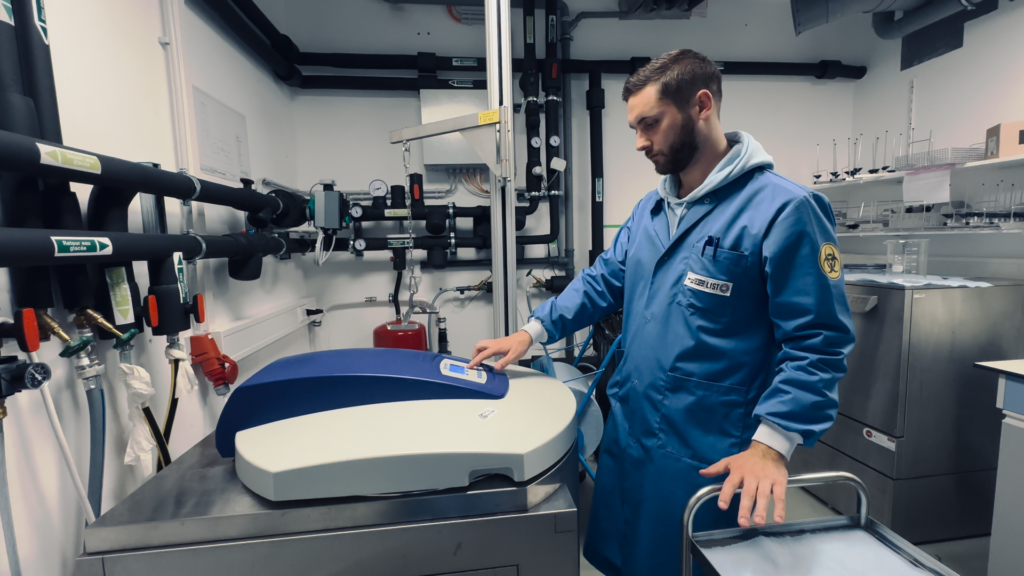
“At LIST, our objective is to develop a methodology to characterise how microorganisms utilise plastic monomers to produce valuable chemicals using innovative techniques. This methodology could subsequently be adopted by other research teams focusing on plastic biodegradation. Additionally, our expertise in microbiology enables us to isolate and characterise new microbial species with plastic-degrading capabilities. ”Bastien Cochereau Junior Research & Technology Associate, Luxembourg Institute of Science & Technology (LIST)
The team has already been able to identify a microbial species that is both capable of degrading plastic monomers and converting it into valuable chemicals.
Bastien Cochereau is a Junior Research & Technology Associate in the Downstream Processing Group at the Luxembourg Institute of Science & Technology (LIST). He is working on the BIOHOLISTIC programme, supported by the FNR’s INTER programme (specifically: WEAVE).
MORE ABOUT BASTIEN COCHEREAU
Describing his research in one sentence
“We are developing a scientific method to describe how microbial organisms can utilize plastic waste to produce valuable chemicals.”
Why he chose science
“Science is a challenging domain of work. One never knows what challenges tomorrow may bring or what issues will need to be resolved. I have chosen this path because I believe in the power of science to address and resolve key environmental problems.”
What he likes about working in science
“Research is not linear; every working day is unique, devoid of routine. Resolving significant issues in your work is incredibly rewarding and instils a sense of pride. I appreciate how researchers collaborate to solve problems and exchange ideas. Science is not an individual pursuit; success requires teamwork.”
Where he sees himself in 5 years
“I am deeply passionate about science and research, and I am committed to continuing in this field in the next five years. Additionally, I have a keen interest in teaching and supervising. Drawing from my previous experiences in this area, I found it fulfilling. In five years, I envision myself either fully dedicated to research or splitting my time equally between research and lecturing.”
Mentors with an impact
“Undoubtedly, both of my PhD supervisors have played a crucial role in shaping my early career in a positive manner, providing me with the necessary tools for success in this field. Currently, my post-doctoral supervisor also serves as an invaluable mentor, complementing my skill set to launch my research career with my own project.”
On choosing Luxembourg for research
“Luxembourg is an excellent location for scientific research. The strong support from the Luxembourgish government ensures optimal working conditions to achieve research objectives. The country fosters interdisciplinary collaboration and provides extensive networking opportunities with prominent researchers and institutions, particularly at LIST. Furthermore, Luxembourg’s multicultural environment promotes creativity and diversity, enhancing the research experience. These factors collectively influenced my decision to choose Luxembourg as the ideal setting to pursue my research goals.”
Related highlights
Spotlight on Young Researchers: Towards fair health for all
Access to essential health services is considered normal in high-income countries, while they are out of reach for many in…
Read more
Spotlight on Young Researchers: Improving protein folding prediction with statistics
Proteins are the building blocks of life: they play an important role in metabolism, immune defence and DNA replication. Their…
Read more
Spotlight on Young Researchers: Building AI tools to help fight disease
AI developments have led to improvements in disease research by enabling new approaches in the study of genes, molecules and…
Read more
Spotlight on Young Researchers – Revisited: From Luxembourg, to Cambridge, France, and an ERC grant
“Would matter be perfect, it would be boring” says Guillaume Nataf, who has an oozing passion for physics and teaching…
Read more
Spotlight on Young Researchers: Advancing ecosystem monitoring with remote sensing and innovative models
The health of terrestrial ecosystems is intricately linked to the sustainability and stability of society: forests, grasslands, and cropland, play…
Read more
Spotlight on Young Researchers: Unravelling the role of calcium signalling to overcome melanoma drug resistance
Cutaneous melanoma is the most serious type of skin cancer and the sixth most frequent cancer in Europe. Despite progress…
Read more